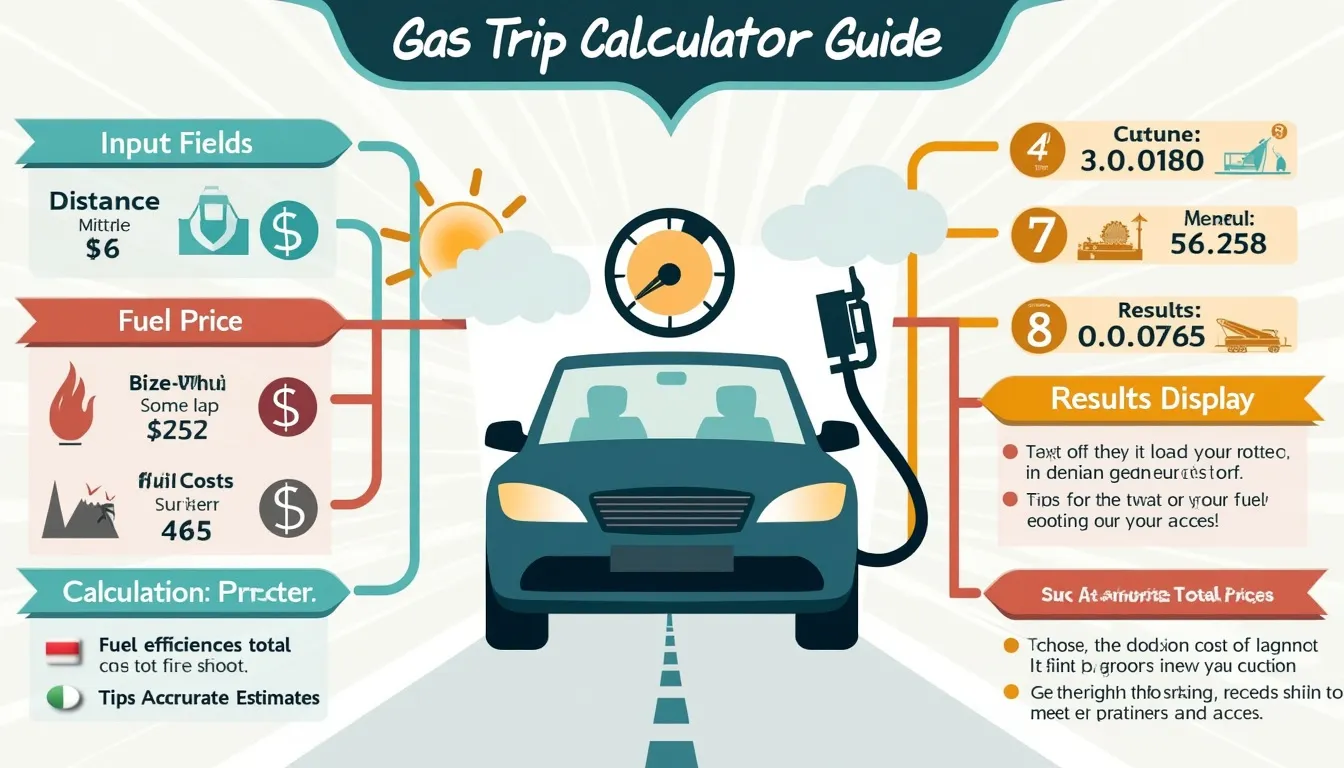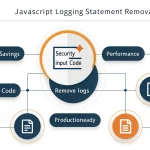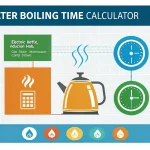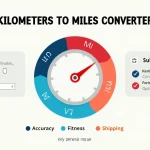Is this tool helpful?
How to use the tool
1 – Fill in the fields
- Trip Distance – e.g., 310 miles or 600 km
- Distance Unit – choose Miles or Kilometers
- Fuel Efficiency – e.g., 32 MPG or 5.8 L/100 km
- Efficiency Unit – select MPG, KM/L or L/100 km
- Fuel Price (optional) – e.g., $3.45 / gallon or €1.70 / liter
- Price Unit – Per Gallon or Per Liter
- Adjustment Factor (optional) – enter 1.05 for heavy traffic or 0.95 for steady highway speeds
- Press “Calculate” to view results.
2 – Underlying formulas
For MPG or KM/L: $$\text{Fuel Needed}= \frac{\text{Distance}}{\text{Efficiency}}\times\text{Adjustment}$$
For L/100 km: $$\text{Fuel Needed}= \frac{\text{Distance}}{100}\times\text{Efficiency}\times\text{Adjustment}$$
When price is supplied:
$$\text{Cost}= \text{Fuel Needed}\times\text{Price per Unit}$$
Convert when units differ (1 gallon = 3.78541 L).
3 – Worked examples
- Example A
310 mi ÷ 32 MPG = 9.69 gal → × 1.05 = 10.17 gal
10.17 gal × $3.45 = $35.09 - Example B
600 km ÷ 100 × 5.8 = 34.8 L → × 0.95 = 33.06 L
33.06 L × €1.70 = €56.20
Quick-Facts
- 1 gallon = 3.78541 liters (NIST, 2019)
- Average U.S. gasoline price 2023: $3.50/gal (EIA, 2023)
- EU test cycle reports 5.6 L/100 km for new cars (European Commission, 2021)
- Typical U.S. passenger-car fuel economy: 25.4 MPG (EPA, 2022)
FAQ
What does the calculator deliver?
The tool outputs total fuel needed in gallons or liters and, if you add a price, the trip’s estimated fuel cost.
Which units can I enter?
You can mix miles or kilometers with MPG, KM/L or L/100 km; the script auto-converts between gallons and liters.
How do I convert MPG to L/100 km?
Use 235.21 ÷ MPG = L/100 km (Transport Canada, 2020).
What is the adjustment factor for?
Multiply baseline fuel use by a factor (e.g., 1.10 for hilly routes) to reflect real-world conditions.
Why should I add fuel price?
Cost visibility helps you budget and choose cheaper stations; fuel is often 10-20 % cheaper off-highway (AAA, 2022).
How accurate are the estimates?
Expect ±5-10 % variance due to speed, AC use and payload (DOE, 2021).
Can the tool handle electric vehicles?
No; it focuses on liquid fuels. For EVs use a kWh/100 km converter (EPA “Beyond Tailpipe Emissions”).
How can I cut fuel consumption?
Driving 5 mph slower saves up to 14 % fuel (FHWA, 2019).
Important Disclaimer
The calculations, results, and content provided by our tools are not guaranteed to be accurate, complete, or reliable. Users are responsible for verifying and interpreting the results. Our content and tools may contain errors, biases, or inconsistencies. Do not enter personal data, sensitive information, or personally identifiable information in our web forms or tools. Such data entry violates our terms of service and may result in unauthorized disclosure to third parties. We reserve the right to save inputs and outputs from our tools for the purposes of error debugging, bias identification, and performance improvement. External companies providing AI models used in our tools may also save and process data in accordance with their own policies. By using our tools, you consent to this data collection and processing. We reserve the right to limit the usage of our tools based on current usability factors.







